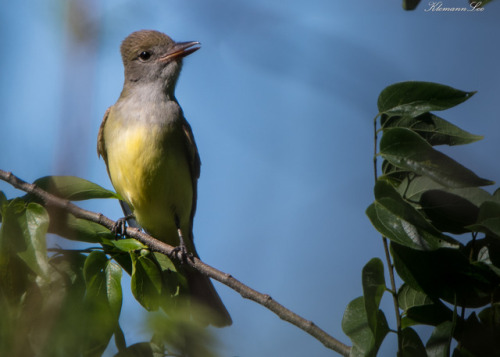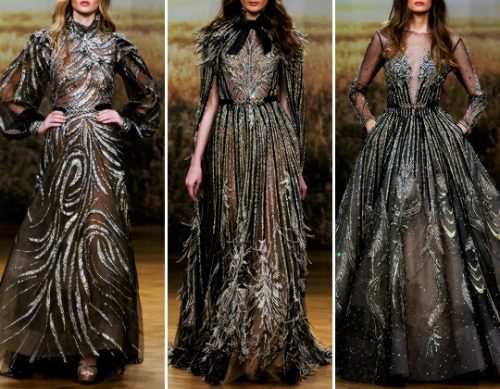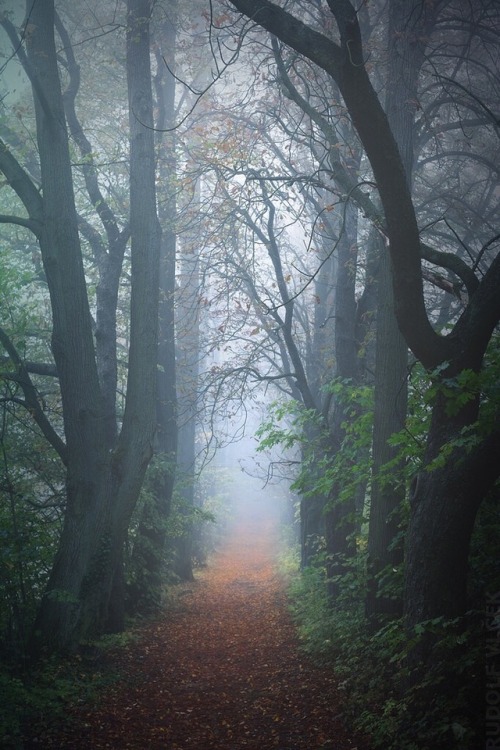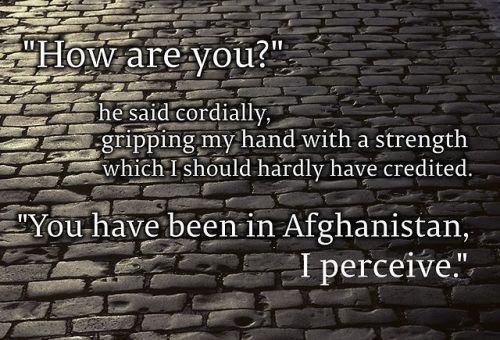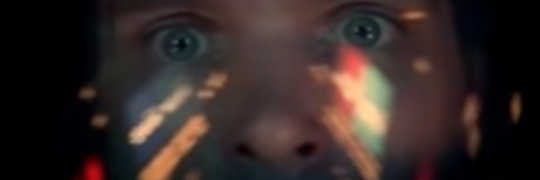Archive for January, 2018
sy5starplaty: Poe Party + text posts [27/-] Featuring: Edgar…
Wednesday, January 31st, 2018


Poe Party + text posts [27/-]
Featuring: Edgar Allan Poe, Lenore the Lady Ghost.
Reposted from http://lies.tumblr.com/post/170354272667.
Photo
Wednesday, January 31st, 2018
Reposted from http://lies.tumblr.com/post/170345862791.
mostlythemarsh:And To Work
Tuesday, January 30th, 2018chandelyer: Ziad Nakad spring 2018 couture part 2
Tuesday, January 30th, 2018Sometimes Tumblr’s image cache decides my morning needs to be a…
Tuesday, January 30th, 2018
Sometimes Tumblr’s image cache decides my morning needs to be a little more surreal.
Reposted from http://lies.tumblr.com/post/170309206266.
ichthynk: I don’t think I ever posted any progress shots on…
Tuesday, January 30th, 2018
I don’t think I ever posted any progress shots on this one, but here is my finalized painting of a green heron catching a southern leopard frog. I think they’re such beautiful birds.
If you want more activity or interaction from me, follow me on IG! https://www.instagram.com/manowski_illustration/
Reposted from http://lies.tumblr.com/post/170307576421.
lazyjacks: Gloriana, 23 June 1891Detroit Publishing Company…
Monday, January 29th, 2018
Gloriana, 23 June 1891
Detroit Publishing Company photograph collection
Library of Congress Prints and Photographs Division
LC-D4-5101
Reposted from http://lies.tumblr.com/post/170287502280.
gael-garcia: — Emma Thompson in the commentary for Sense and…
Monday, January 29th, 2018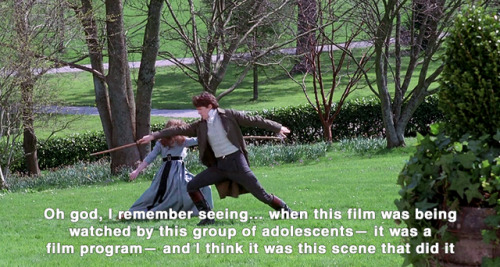
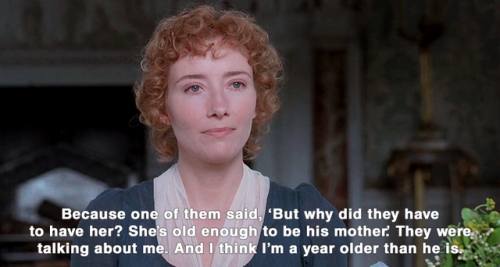
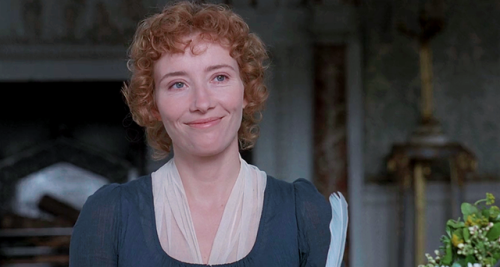
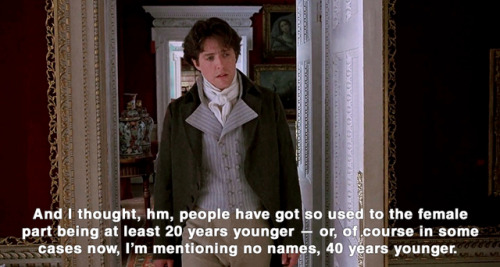
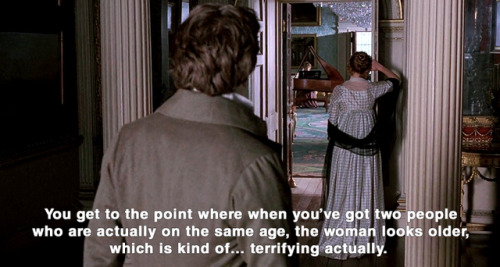
— Emma Thompson in the commentary for Sense and Sensibility (1995)
Reposted from http://lies.tumblr.com/post/170277845188.
sonseulsoleil:get rekt, ernest
Monday, January 29th, 2018rudolfvlcek: Line of trees / Fog / Autumn
Sunday, January 28th, 2018dduane: Happy January 29th, everybody. :)
Sunday, January 28th, 20188 Ursula LeGuin Short Stories You Have to Read
Sunday, January 28th, 2018Actually you should read every single one of them because they’re all mind-meltingly amazing, but I’m going to pull together a shortlist. I include links when they are available, though I also encourage you to buy LeGuin’s short story collections, especially The Birthday of the World, which is not to be missed.
The Ones Who Walk Away From Omelas
Everyone recommends this short story, and for a damn good reason. It’s my favorite short story ever. Once you read it, it will inscribe itself into your heart and you will never, ever be able to forget it. In my world, it is not entirely untrue to say that this is the only story that matters, and all other truly important stories are variations on this one.
Solitude (excerpt here)
This story makes me cry every time. It’s about the distance between a mother and her children, and how no matter how well intentioned you are, it’s impossible to always do right by your children. You have to let them become their own people, even if that means making choices that seem terrifying and impossible to you.
The Author of the Acacia Seeds
This story feels like Ursula reached into the deepest parts of my imaginative id and placed them on the page. It’s a story about scholars translating and interpreting poems written by ants and penguins. It’s perfect. I wish I were a therolinguist.
Paradises Lost (excerpt here)
Set on a generational ship bound for a new terraformed colony in space, this story is about how the culture that allows you to survive a long journey through space may not match the culture you came from, or the culture you’ll have to build when you reach your destination. This story was a lifeline to me when I was in an abusive situation, and I came to realize that the coping mechanisms that were allowing me to survive the abuse were going to hurt me when it was over, and I reached the green land that was promised me.
Unchosen Love / Mountain Ways (excerpts here)
These love stories are set on the planet of O, where sexuality, gender, and marriage work very differently than they do in our society. I think about the sedoretu marriages of O all the time, and dearly wish other sci fi authors took the time to try to imagine other possible relationship structures the way LeGuin did. (By the way, fandom: please write more sedoretu AUs!!!)
The Fliers of Gy
This is classic wingfic, as fandom would call it – a world where once in a while, a person will spontaneously grow wings. But in this story, having wings is equal parts gift and curse, and everyone who has them reacts to them in a different way. This story has some beautiful metaphors about disability and difference.
This story is so imaginative! It explores a species of bird-people called the Ansarac who have a migratory society – every season they abandon their homes of the north or the south and fly en masse the other way. It’s so interesting to think about how a civilization of seasonal long-distance migrants would work.
Coming of Age in Karhide (excerpt here)
This story is set in the world of LeGuin’s magnificent novel The Left Hand of Darkness, but you don’t have to read that book to like this story. It’s about coming of age as a teenager in a world without gender and without any shame about sex. The teenager in question goes to their first orgy and everyone is really sweet and supportive. I love this glimpse into how puberty could be a completely different experience.
Reposted from http://lies.tumblr.com/post/170238377428.
“It is our suffering that brings us together. It is not love. Love does not obey the mind, and turns…”
Sunday, January 28th, 2018“It is our suffering that brings us together. It is not love. Love does not obey the mind, and turns to hate when forced. The bond that binds us is beyond choice. We are brothers. We are brothers in what we share. In pain, which each of us must suffer alone, in hunger, in poverty, in hope, we know our brotherhood. We know it, because we have had to learn it. We know that there is no help for us but from one another, that no hand will save us if we do not reach out our hand. And the hand that you reach out is empty, as mine is. You have nothing. You possess nothing. You own nothing. You are free. All you have is what you are, and what you give.”
– Ursula K. Le Guin, The Dispossessed
(via wazagh)
Reposted from http://lies.tumblr.com/post/170228760597.
debunkshy: Bonaparte’s Gull Daufuskie Island, SC, 12-11-17
Saturday, January 27th, 2018
Bonaparte’s Gull
Daufuskie Island, SC, 12-11-17
Reposted from http://lies.tumblr.com/post/170208317611.
Please, recommend films which are masterful in the “classical music juxtaposed with violence in cinema” arena?
Saturday, January 27th, 2018Oh, but of course.
It must be said that Stanley Kubrick is the pioneer and undisputed master of this manner of soundtrack incongruence. It began with 2001:A Space Odyssey, and the iconic – if now not infamous – use of Strauss’ Also sprach Zarathustra in the opening sequence of the film, signifying the effective birth of humankind and creation (the use of An der schönen blauen Donau achieves a similar effect as we watch the spaceships floating benignly in the deep black pool of space following the monkey sequence). There’s an incredibly satisfying sense of irony to the use of classical music in cinema – particularly when coupled with violence -, and Roger Ebert’s review of the film states it rather wonderfully: “[Alex North’s score] would have been wrong for “2001″ because, like all scores, it attempts to underline the action – to give us emotional cues. The classical music chosen by Kubrick exists outside the action. It uplifts. It wants to be sublime; it brings a seriousness and transcendence to the visuals.”
Kubrick continued to utilise classical music in his films in curious incongruence to action (some of which I’ve listed below), and the pinnacle of which is surely A Clockwork Orange and ‘ultraviolence’. I could write an entire novel on the use of classical music in this film with alacrity, but the absolute brilliance of juxtaposing funereal Purcell and impassioned Beethoven over scenes of violence, brutality, and chaos cannot be overstated enough; the heavily symbolic scene in which Alex enters his room and plays the second movement of the old Ludwig van’s 9th is a beautiful – if not overly on-the-nose – illustration of the dichotomy of madness and perversion/sublimity and perfection (“Oh bliss ! Bliss and heaven !”) This juxtaposition continues in the use of Rossini’s La Gazza Ladra overture in two epochal sequences, and of course, Singing in the Rain, in which the dissonant joy of the music operates as a thematic extension of Alex’s (and indeed, our) psychological conditioning to ultraviolence. This theme is continued today splendidly by Michael Haneke who cinematically weds the music of ‘high’ culture to the threat of violence.
A Clockwork Orange set the precedent for the incongruous and often ironical use of classical music and opera over cinematic violence or implied violence*, and below are just a few notable films containing such sequences (I’m certain there are others I have forgotten):
- The Silence of the Lambs (The Goldberg
Variations) - The Godfather III (Cavalleria Rusticana)
- Raging Bull (also Cavalleria Rusticana)
- Platoon (Barber’s Adagio for Strings)
- Apocalypse Now (prelude to Act II from Die Walküre,
i.e., “Ride of the Valkyries”) - Hannibal (The Blue Danube waltz)
- Misery (the 1st movement (adagio) from Piano Sonata No. 14 in C♯ minor “Quasi una fantasia”, i.e., Moonlight Sonata)
- Boondock Saints (La bohème)
- Funny Games (Cavalleria Rusticana again (thankfully NOT the intermezzo), as well as Atalanta, which cuts directly to heavy metal from John Zorn – brilliant)
- The Untouchables (Pagliacci)
- Se7en (Air on the G String)
- Battle Royale (also Air on the G String)
- Kingsman: The Secret Service
(Pomp & Circumstance March No. 1, op. 39)
- Nymphomaniac
& Antichrist (Lascia ch’io pianga
from Rinaldo) - Reservoir
Dogs (Stuck in the Middle with You – not classical, but gets the point across)
*The concept of soundtrack incongruence has of course
broadened beyond merely scenes of violence, and often now places them in
context of highly emotional, as well as comedic film sequences (I will
forever be bitter towards The Lone Ranger and the use of the William Tell overture).
Reposted from http://lies.tumblr.com/post/170199110875.
wigmund: From Wikipedia Picture of the Day; January 14,…
Saturday, January 27th, 2018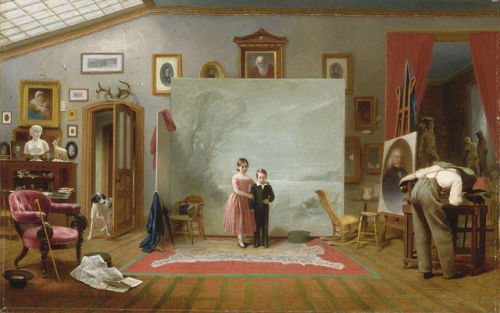
From Wikipedia Picture of the Day; January 14, 2018:
Interior with Portraits is an 1865 genre scene painted by American artist Thomas Le Clear, commissioned by Franklin Sidway. It features Sidway’s siblings, James and Parnell, posing for a photograph in an artist’s studio. The children were painted posthumously based on family daguerreotypes, and the painting has been read as representing the tension between its medium and the emergent medium of photography. Interior with Portraits is held by the Smithsonian American Art Museum in Washington, D.C.
Painting: Thomas Le Clear
Reposted from http://lies.tumblr.com/post/170190206866.
superinframan: drawing-bored: that was a weird day. like, we’d…
Saturday, January 27th, 2018
that was a weird day. like, we’d never show a murder over and over again on television, all day. but, when it’s something like the challenger explosion or 9-11 or the columbia breakup, they show us footage of people dying as many times as we’re willing to watch. and i’m not sure what the difference is.
I wonder if it’s because so many of us watched it live? I was just barely old enough to be in school, and they wheeled in the AV cart so we could watch the shuttle launch. It was an event.
My teacher didn’t know what to say to us when it exploded. We weren’t quite sure what to think of it either.
Cold War, Reagan, all that invincible bravado against the Russians. And then our technological achievement became this horrific reminder of mortality and hubris.
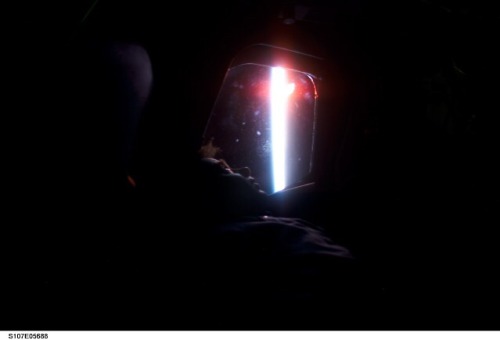
http://www.lies.com/wiki/?PhotosFromTheSpaceShuttleColumbia
Reposted from http://lies.tumblr.com/post/170180170555.
“I think hard times are coming. We will need writers who can remember freedom. Poets, visionaries,…”
Friday, January 26th, 2018“I think hard times are coming. We will need writers who can remember freedom. Poets, visionaries, the realists of a larger reality.”
–
Ursula K. Le Guin (in her speech where she was honoured for her life’s work at the 2014 National Book Award)
Here is the transcript:
Thank you Neil, and to the givers of this beautiful reward, my thanks from the heart. My family, my agent, editors, know that my being here is their doing as well as mine, and that the beautiful reward is theirs as much as mine. And I rejoice at accepting it for, and sharing it with, all the writers who were excluded from literature for so long, my fellow authors of fantasy and science fiction—writers of the imagination, who for the last 50 years watched the beautiful rewards go to the so-called realists.
I think hard times are coming when we will be wanting the voices of writers who can see alternatives to how we live now and can see through our fear-stricken society and its obsessive technologies to other ways of being, and even imagine some real grounds for hope. We will need writers who can remember freedom. Poets, visionaries—the realists of a larger reality.
Right now, I think we need writers who know the difference between the production of a market commodity and the practice of an art. Developing written material to suit sales strategies in order to maximize corporate profit and advertising revenue is not quite the same thing as responsible book publishing or authorship. (Thank you, brave applauders.)
Yet I see sales departments given control over editorial; I see my own publishers in a silly panic of ignorance and greed, charging public libraries for an ebook six or seven times more than they charge customers. We just saw a profiteer try to punish a publisher for disobedience and writers threatened by corporate fatwa, and I see a lot of us, the producers who write the books, and make the books, accepting this. Letting commodity profiteers sell us like deodorant, and tell us what to publish and what to write. (Well, I love you too, darling.)
Books, you know, they’re not just commodities. The profit motive often is in conflict with the aims of art. We live in capitalism. Its power seems inescapable. So did the divine right of kings. Any human power can be resisted and changed by human beings. Resistance and change often begin in art, and very often in our art—the art of words.
I have had a long career and a good one. In good company. Now here, at the end of it, I really don’t want to watch American literature get sold down the river. We who live by writing and publishing want—and should demand—our fair share of the proceeds. But the name of our beautiful reward is not profit. Its name is freedom.
Thank you.
(via solbus)
Reposted from http://lies.tumblr.com/post/170170675666.
